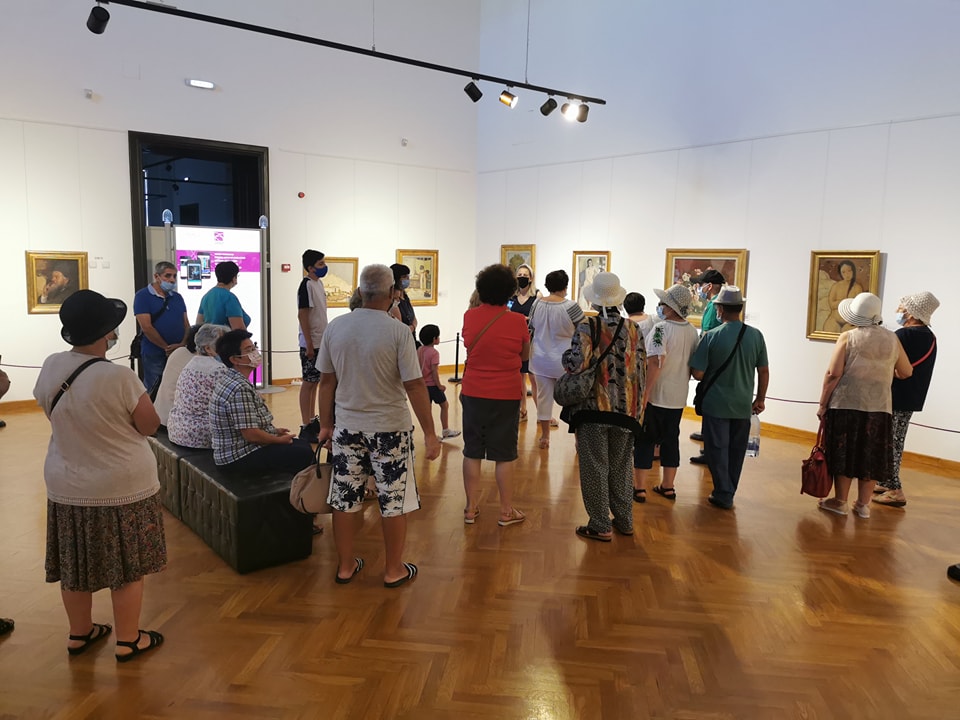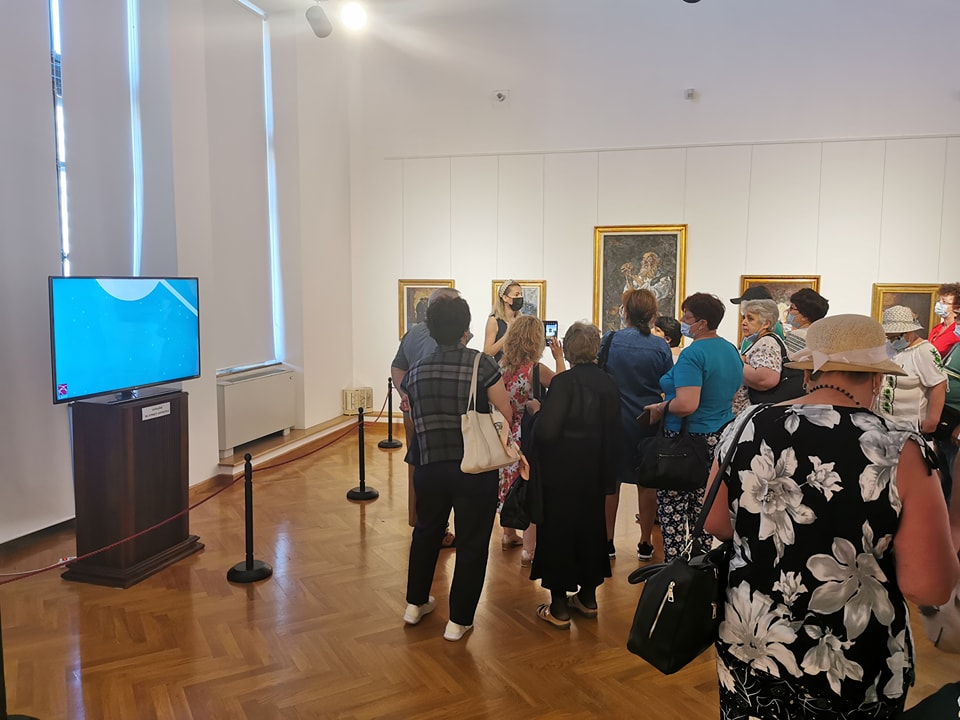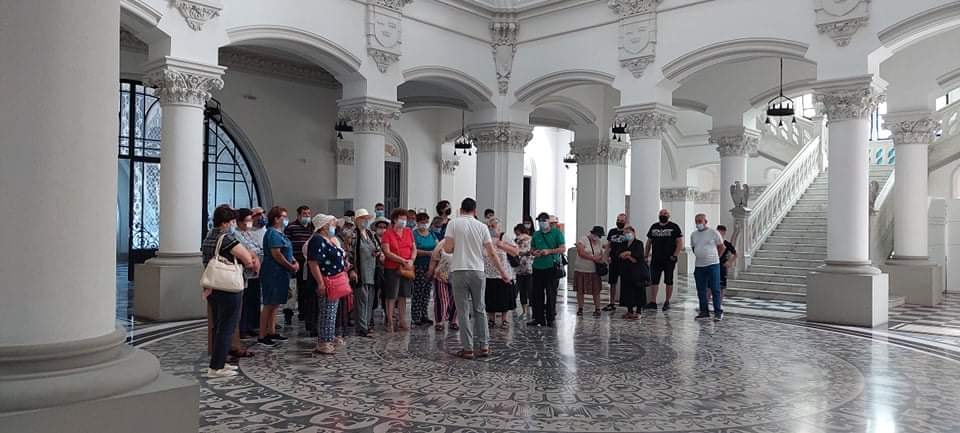As the project UNLOCK further develops the concept of cultural and museum mediation developed in a previous project by some of the partners (the project leader, CPA di Giuseppina Bomba, Espacio Rojo and EKEDISY), the general objective of the current partnership is to bring forward the end-users with special needs, whatever the nature of this need – medical, social, cultural etc., and consequently to train the staff for being able to appropriately address such needs.
Moreover, our aim is to promote the integration of people with special needs in cultural – educational activities. In order to do so, there is first the need to create a set of tools that would be available for such end-users and to involve and train the museum mediators/ mentors and
cultural specialists into the creation and usage of such tools and the inclusive methods they should apply so that the interaction with such disadvantaged learners is inclusive and integrative.
Dialogue with prospective stakeholders will enable participating museums and cultural/ training organizations to get a possible ”picture” of the nowadays meaning of the concept of
‘diversity’ in different European contexts. On the one hand, there is the frequently invoked EU motto ”United in Diversity” which ”first came in use in 2000” and which ”signifies how
Europeans have come together, in the form of the EU, to work for peace and prosperity, while at the same time being enriched by the continent’s many different cultures, traditions and
languages” (cf. https://europa.eu/european-union/about-eu/symbols/motto_en). On the other hand there are evolutions, contexts, needs, hopes or expectations, of people who, for
various reasons, do not even consider the possibility of benefitting from all that culture and museums have to offer the same way as majority people do.
Still, museums are non-discriminatory organizations, who value people as they are and for who they are, irrespectively of age, gender, race, disability, sexuality, religion or any other concept that might be used in a discriminatory way. In the end, the UNLOCK project wants to demonstrate the openness of museums towards all kinds of end-users and to do so, the project team will investigate the different discriminatory practices they are aware of in their societies, will consider ways to assure equity and improve the treatment ensured to the various stakeholders.
In the context of the recent waves of migrants, spreading throughout Europe, heading towards most developed countries, when it was discussed that all EU Member States should be able to accommodate a quota of the incoming migrants, this problem should be considered in terms of their inclusion into the communities where they would settle. If they are to settle in a certain community, then they should eventually get integrated into that society, and one
way to this is via museums. Moreover, museum specialists should have a minimum level of training in the field of intercultural communication and of ways to approach them.
All people have the right to participate in the life of their community, to enjoy social life and museums are places where social life is at its best, one of the reasons people come to museums is to socialize and complement this important element with an educative input. Hence the creation some decades ago by now of the term edutainment.
Each partner identified three target groups, who need to be better taken into account in their country / region, for better integration into cultural institutions. Of these, three groups emerged with consistency and were chosen are priority groups:
Priority Groups within the UNLOCK project:
– Visually impaired
– Hearing impaired
– Refugees / Migrants
Other Groups:
– Mobility impaired
– Rural people
– Economically disadvantaged people
– Students
– People with learning difficulties
– Mentally ill people
– Seniors
– LGBTQA+ community
August 7, 2021



The visually impaired people from the Focsani Association of the Blind visited us at the Palace of Culture and were received by our guides. They were guided to the Museum of Art by museographer Oana Dragota.
